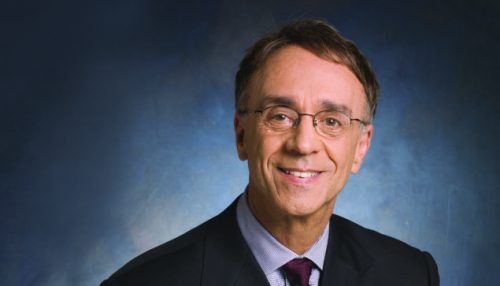Energy

Ken Makovsky
Friday, February 2, 2018Fake news, politics and social media impact more than elections. There is no question that the credibility of American institutions and news sources has suffered in the past year, from the combined influence of continued vilification of the media, retracted news stories and the ever-growing use of social media platforms. But by how much?
Media, trade, and interest organizations must take a serious look at the state of affairs in America with regards to trust, credibility and perception. Perception is very much a reality, and it may or may not be truthfully informed.
In considering the challenge posed by these perceptions, Makovsky’s Energy, Sustainability and Manufacturing practice conducted a nationwide survey of Americans across the political spectrum, in pursuit of a balanced view of the state of trust and understanding of the energy industry in 2017.
Politics are at play with the perceived trustworthiness of energy information. Democrats tend to trust U.S. government channels more than Republicans, with 29 percent of Democrats indicating it was their most trusted information source, and only 18 percent of Republicans indicating the same. In fact, the most credible source of information for Republicans is the White House, supported by 22 percent of Republican respondents, closely trailed by TV news channels with 20 percent.
But even in the era of social media dominance, TV wins out as top overall source of information about energy: 41 percent of survey respondents indicated that TV news channels served as their top source, followed by 14 percent for social media and 13 percent for newspapers or magazines. Interestingly, among those who said that social media was their top source, 4 out of 5 preferred Facebook as an information platform.
Social media also loses in ranking on trustworthiness of energy information. Only 7 percent of survey respondents considered social media the most credible source for energy information — with 8 percent of Republicans, 9 percent of Democrats, and 3 percent of Independents. This low credibility rating is shared by all groups, including millennials, which would suggest that the obvious ubiquity of social media does not necessarily translate to credibility — in fact, it may manifest in a lack thereof.
The report also examined the opinions of Americans on hot topics in the energy policy landscape, ranging from responses on foreign energy solutions, renewable energy contributions and important factors in considering energy sources, to comparing respondent perceptions of future U.S. energy use against Department of Energy projections.
Americans continue to underestimate the role of coal, oil, and natural gas contributions, and overestimate the role that renewables play in powering the country. Respondents estimated that wind and solar comprised 21 percent of the U.S. energy supply, when, in reality, that number stands at 3 percent. Survey respondents were optimistic about the future of renewables in the country, projecting that national fossil fuel consumption would steadily decrease over the next five years.
In the face of an unprecedented amount of available information, many Americans are actively looking for sources that they can trust. It is critical for the energy industry, as well as government, to communicate their platforms and topics consistently — with the right messages, at the right times and on the right platforms.
Building trust in a time where information is abundant, fluid, and lacks consequences is a growing challenge in the media world. Our 2017 Energy Report provides actionable insights into delivering these key messages to an audience ready for dependable, credible information. In these turbulent times, we are dedicated to providing an accurate and timely portrayal of media credibility and discovering the preferred news sources of Americans.











